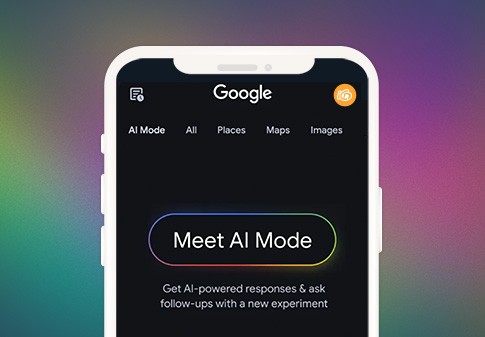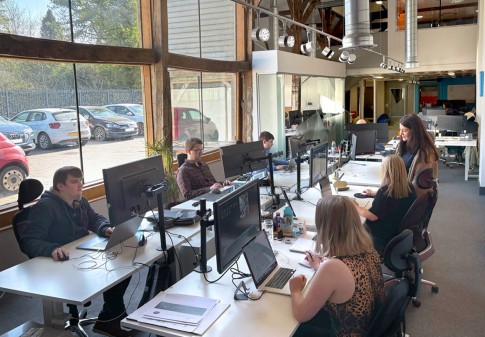Our Approach
Read Our Blog
Keep up to date with the latest news and inside marketing tips with our creative marketing blog.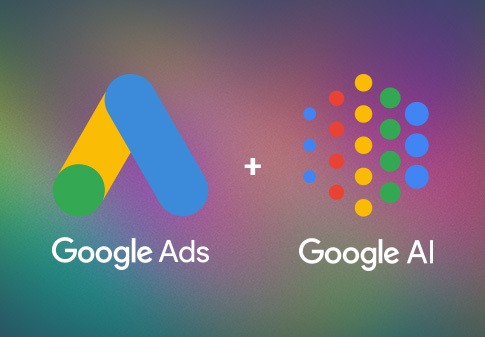
AI is Changing Google Ads
AI is Changing Google Ads
The future of search is here and with a proactive strategy, your business can lead the way. Contact us today to ensure your brand thrives in the new AI-powered landscape.
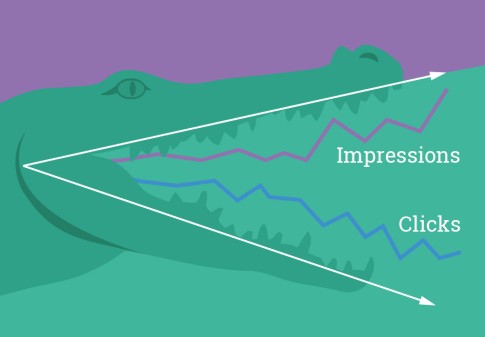
SEO Crocodile
Is the SEO Crocodile Eating Your Organic Traffic?
The future of search is already here and it's dynamic. Let's work together to adapt your strategy, ensuring your brand continues to lead the way and thrive in this exciting new era.
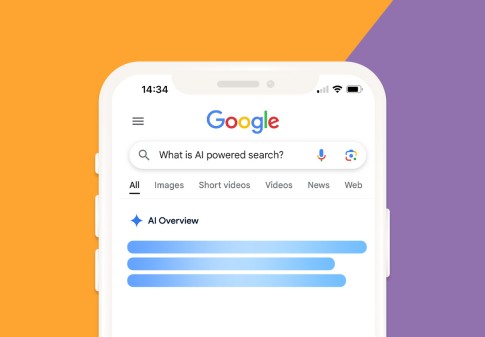
Evolving Landscape
Is your Website Ready for AI Search?
Find out more about the challenges of AI-generated search results. Understand how they are impacting traffic by reducing click through rates and affecting organic and PPC.
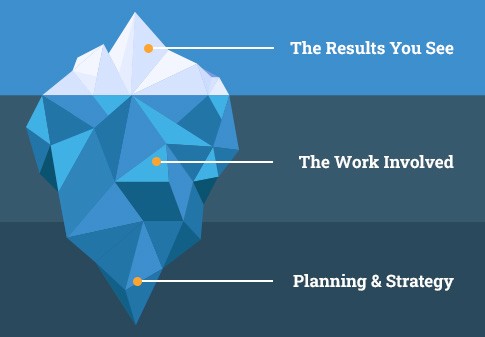
Uncover Strategic Depths
The Iceberg of Marketing
Just like much of an iceberg lies unseen beneath the water, the most powerful and impactful marketing happens in the strategic depths.
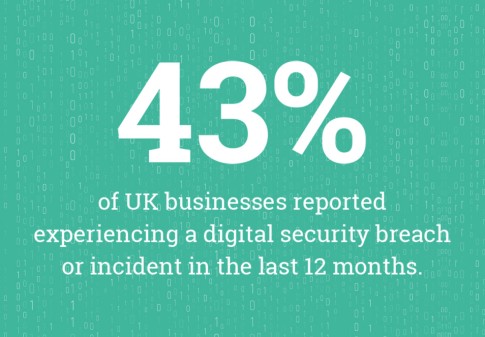
Digital Threats
Fortify Your Business Against Digital Threats
Discover 5 vital digital hygiene practices for businesses, from secure passwords to crucial website maintenance.

